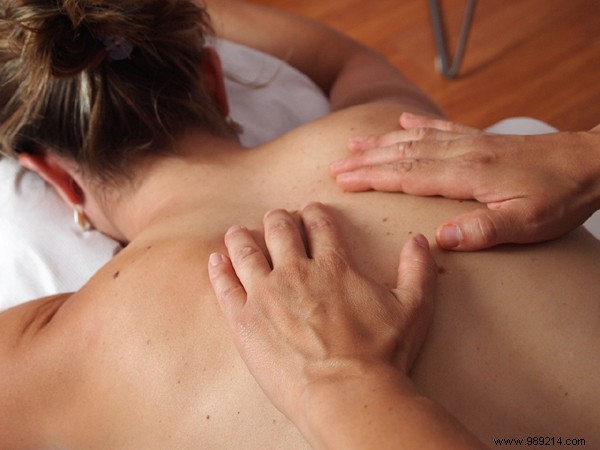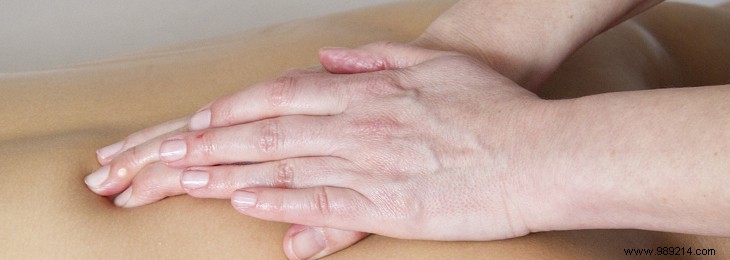
Etiopathy:here is a term still unknown to many people. Yet lately, we hear a lot about this holistic discipline, especially since Nicolas Sarkozy praised its merits. But what does the work of an etiopath really consist of?
Insofar as osteopathy and etiopathy are essentially based on techniques, as well as on manual therapies, we often tend to assimilate them. However, the two approaches are very different. Indeed, while the first offers a treatment of symptoms through the manipulation of the limbs, the spine and the skull, the second focuses mainly on the causes of diseases and health problems by acting on the structure of the human body.
In addition, the big difference between the two is that the etiopath will never manipulate the head. Claiming to be natural medicines, etiopathy, like osteopathy, does not use drugs or medical equipment and instruments. Thus qualifying at the same time as non-instrumental surgery , one of the great assets of etiopathy is that it directly attacks the origin of ailments in order to treat them effectively. Moreover, as the gestures of the etiopath would be very relevant and perfectly localized, only three to six sessions will be enough to cure the patient in a lasting way.
This is Christian Trédaniel who introduced this discipline on French territory at the end of the sixties. Nevertheless the practice was not officially recognized until May 2002. And the work he published at the time, namely, the "Fundamental Principles for Etiopathic Medicine" is still a reference today. indispensable in this field of activity. To this end, the book has been re-edited, corrected and revised several times by its author.
Suitable for babies, children, adolescents, adult men and women, but also for seniors, etiopathy has a very wide and extensive field of action. This discipline will be able to take care of everything directly or indirectly related to digestive disorders, to mention for example only constipation, diarrhea, aerophagia, bloating, gastric reflux... Individuals who encounter circulatory problems such as heavy legs and varicose veins can also point to etiopathy.

Finally, this alternative medicine is mainly aimed at the female population in the event of painful menstruation, menopausal disorders, cystitis or infertility. Prescribed punctually, occasionally or regularly, etiopathy would have many benefits on the physical and psychological health of its beneficiaries. Thus, this manual therapy would be highly recommended for people suffering from insomnia, stress, anxiety and anxiety. This is also the case for certain painful illnesses such as migraines, back pain, sciatica, torticollis, lumbago or even neuralgia.
But also, complementary to classical medicine, etiopathy can also be recommended in palliative treatment of chronic pathologies to name only asthma, hypertension, sinusitis or diabetes. And its major asset is the absence of chemical drugs throughout the treatment. There is therefore no poisoning of the organism. There are no known negative points to this alternative medicine, let alone contraindications, however, it cannot be used to treat cancers or tumors for example; in these cases, it will only intervene as a complement to relieve side effects linked to taking certain treatments, for example.